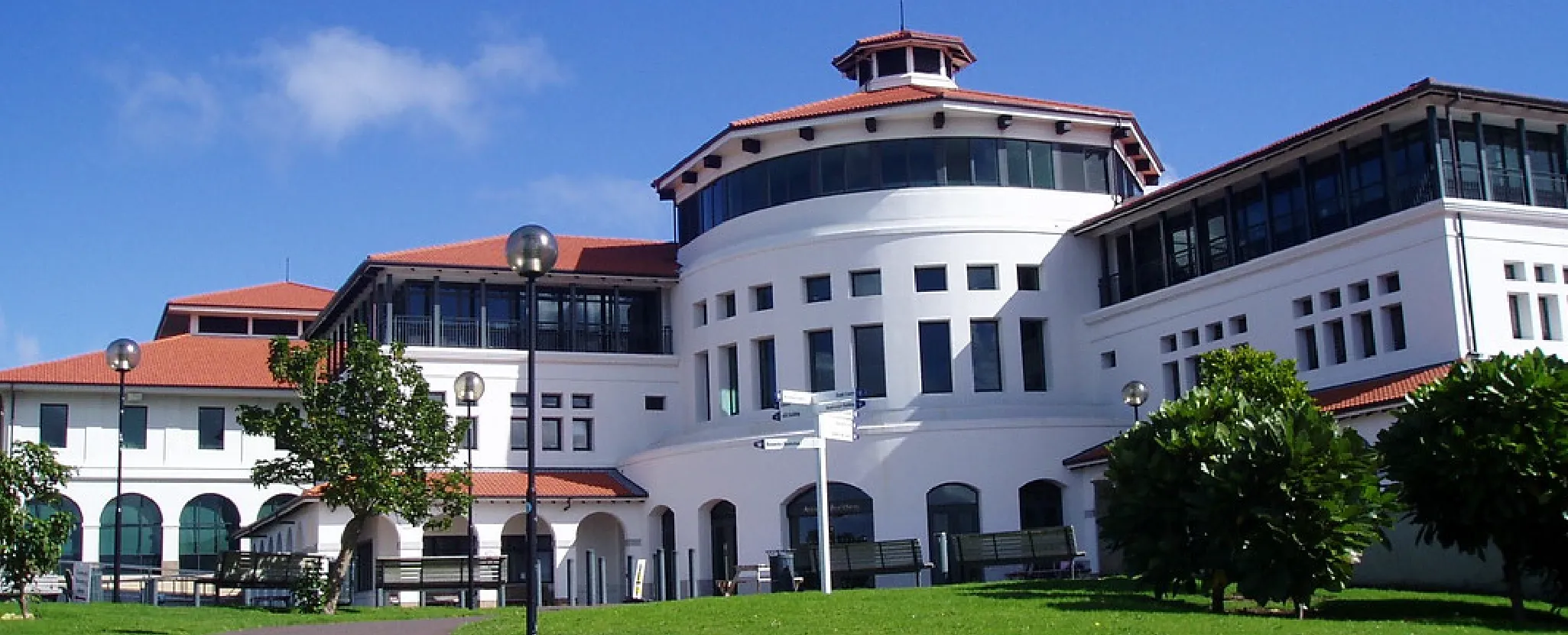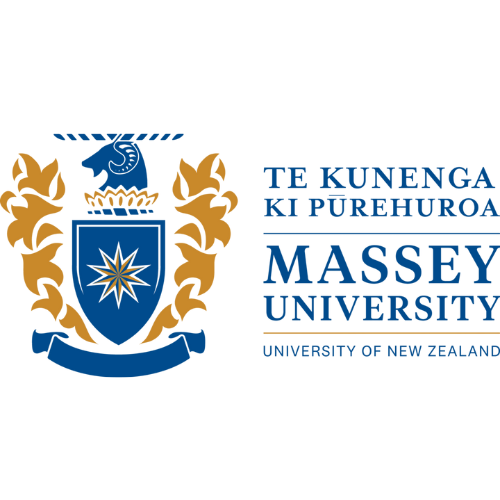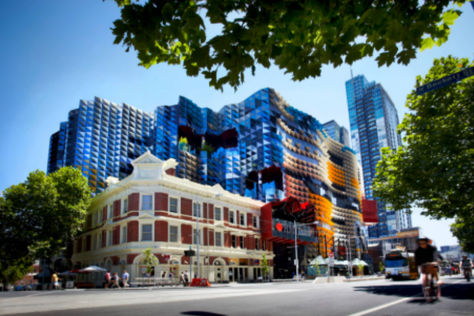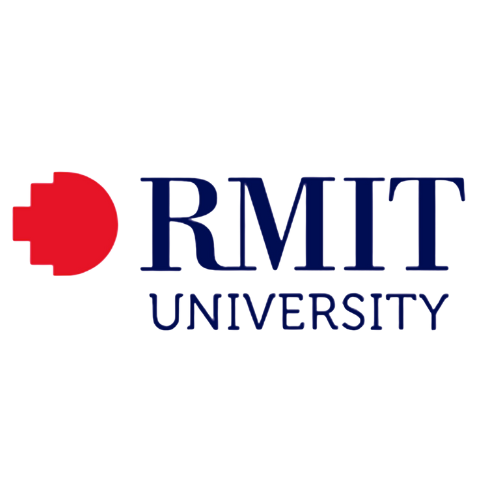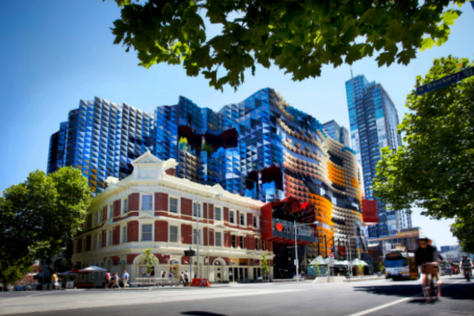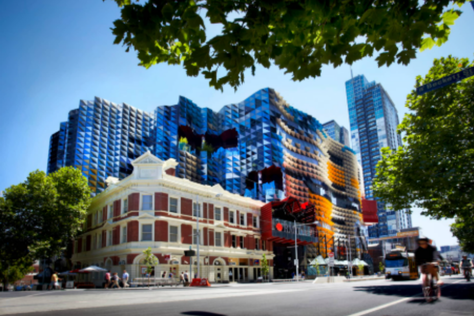About
Applied Computer Science focuses on using computational principles and programming skills to solve real-world problems across industries. It combines software development, data analysis, and system design with practical applications in areas like AI, cybersecurity, and networking. Students learn to implement technology solutions efficiently while understanding the theoretical foundations of computing. This field prepares graduates for careers in software engineering, IT consulting, and technology innovation.
Apply Now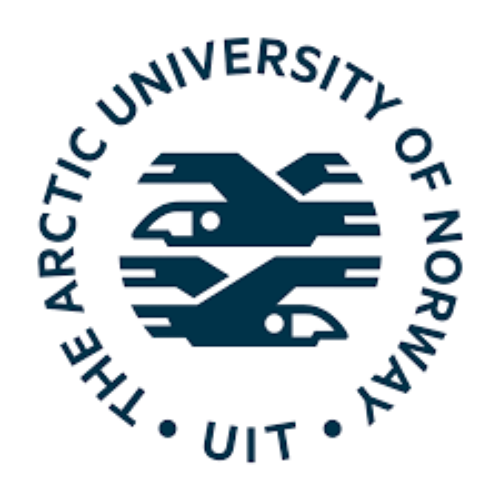
UiT The Arctic University of Norway
Main campus: Tromsø, Norway638
UiT The Arctic University of Norway
Key information
Duration
Full-time
2 years
Start date & application deadlines
Starting Date
March, April
September, October
Language
English
Credits
120 Credits
Delivered
On Campus
Campus Location
Tromsø, Norway
Disciplines
Computer Science & IT
Explore more key information Visit programme website
Overview
Applied Computer Science focuses on using computational principles and programming skills to solve real-world problems across industries. It combines software development, data analysis, and system design with practical applications in areas like AI, cybersecurity, and networking. Students learn to implement technology solutions efficiently while understanding the theoretical foundations of computing. This field prepares graduates for careers in software engineering, IT consulting, and technology innovation.
Programme Structure
The Master’s programme in Applied Computer Science at UiT The Arctic University of Norway is a 2-year, English-taught course (120 ECTS) offered at the Narvik campus. In the first year, students take core courses such as Advanced Programming, Data Structures and Algorithms, Software Engineering, Database Systems, Computer Networks, Artificial Intelligence, Machine Learning, Human-Computer Interaction, Information Security, Cloud Computing, Big Data Analytics, and Project Management in IT. The second year allows students to choose elective courses based on their interests, including Advanced AI, Blockchain Technology, Cybersecurity, Data Visualization, IoT, and Robotics, and culminates in a 45 ECTS Master’s thesis, often in collaboration with industry partners. The programme equips graduates with advanced technical knowledge and practical skills, preparing them for careers in the IT industry or further academic research.
Academic requirements
We are not aware of any specific GRE, GMAT or GPA grading score requirements for this programme.
English requirements
Tuition Fee
Here’s what we charge for tuition.
The living costs include the total expenses per month, covering accommodation, public transportation, utilities (electricity, internet), books and groceries.
Scholarships Information
Visa information
Student Visas for Norway
Are you from Bangladesh? You might need a student visa…
Don’t worry, everything is under control. We’re here to make your search for the perfect international degree in Norway easier and more enjoyable. Meanwhile, you can get a head start and:
Check if you really need a student visa.
Since you’re from Bangladesh and planning full-time academic study in Norway, yes, you will definitely need a student visa (often called a “residence permit for studies”).
Start exploring the official Norwegian visa information.
For Bangladeshi applicants, the Norwegian Embassy in Dhaka handles student visa applications. That’s where you’ll find the most accurate and up-to-date information. Bookmark it, read it carefully, and refer back whenever needed.
Check the deadlines.
The visa process can take several weeks. Missing an appointment or a required document could delay your visa and make you miss the start of your studies — not a twist you want in your story.
Prepare your paperwork carefully.
Make sure you have all the essentials, such as:
-
Valid passport
-
Acceptance letter from a Norwegian institution
-
Completed visa/residence permit application form
-
Passport-size photos
-
Proof of accommodation in Norway
-
Proof of financial support for the duration of your stay
-
Academic transcripts and certificates
-
Language proficiency proof (English or Norwegian, depending on your program)
-
Medical insurance (health insurance may be required)
-
Motivation letter or interview confirmation (if required)
Start saving up.
You will need to prove you can support yourself financially throughout your stay. This includes tuition fees (if applicable), living expenses, visa fees, and daily costs.
Improve your Norwegian or English skills.
Many programmes are offered in English, but knowing some Norwegian will make daily life, paperwork, and local connections much easier. Good language skills also help in interviews or any written submissions.
All in all, getting your Norwegian student visa may seem like a big task — but it’s one crucial step toward an exciting new adventure.
Good luck and stay confident!
Work Permit
Find out all you need to know about work permit regulations for studying part-time (during studies) and full-time (after studies) in Norway
Work while studying in Norway
If you’re an international student, you may need to follow specific work conditions depending on your visa type and study level.
| How can I work? You generally do not need a separate work permit to work part-time while studying in Norway. Your student residence permit usually includes the right to work, but it’s important to check the exact conditions on your permit. |
Application requirements
|

|
Duration of work permit
|
Maximum hours of work per week
|
|
Required documents
|
